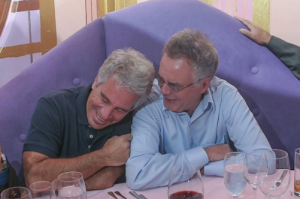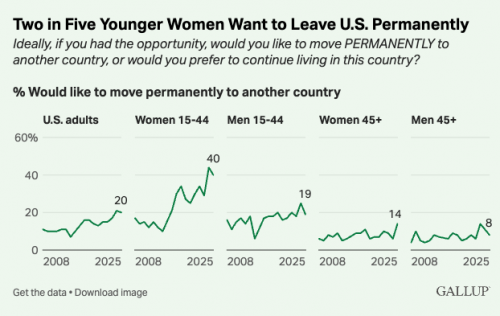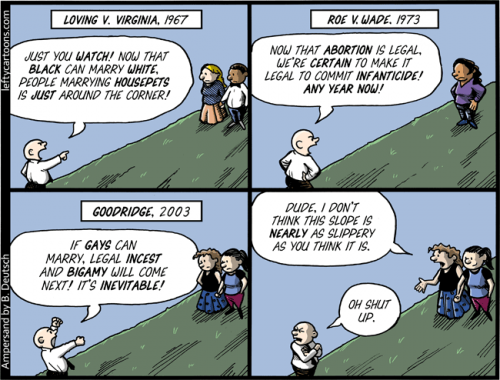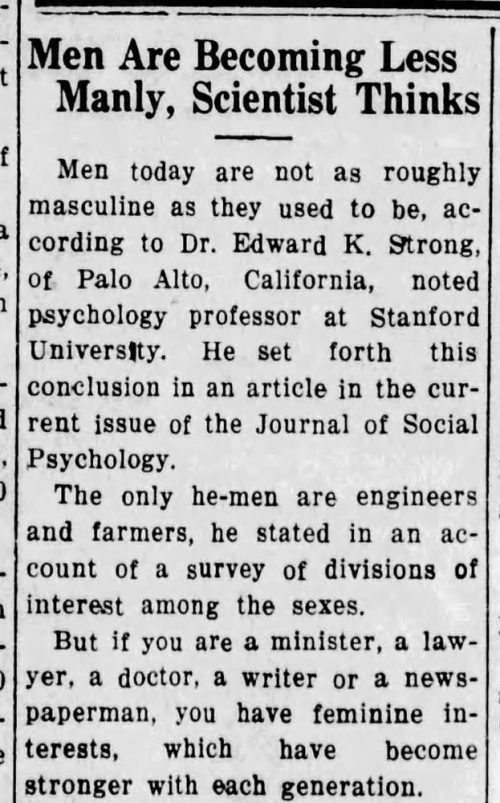Well, as more of a jerk — I think everyone already knew that Robert Trivers was a poor excuse for a human being. But he came up with all these interesting concepts in theoretical evolutionary biology, like reciprocal altruism and parental investment. Well, now Trivers is in the Epstein Files.
Specifically, Nichols found correspondence between Epstein and biologist Robert Trivers dating back to 2009; notably, this was after Epstein had pled guilty to one count of solicitation of prostitution with a minor under the age of 18 and one count of solicitation of prostitution in 2008, and was sentenced to 18 months in a minimum-security facility. That first email saw Epstein inviting Trivers to Florida “to discuss what youare [sic] doing,” and offering to pay for Trivers’ tickets and accommodations.
Though it’s unclear when Epstein and Trivers established a financial relationship, by 2015, he had emailed Noam Chomsky claiming that he was Trivers’ “major funder,” after the biologist had been “thrown out of ru=gers [sic] for good this time.” That refers to Rutgers University in New Jersey, where Trivers was suspended from teaching in 2015 after refusing to teach a class.
You don’t get to do that. The faculty in a discipline have obligations to teach, and sometimes you have courses imposed on you. I mean, if I had my way, I’d be teaching developmental biology and evo-devo courses every semester, but there isn’t enough demand to fill those courses, and we also have all these required courses that need to be taught, so teaching the basics within your discipline in addition to your specialties and preferred courses is also necessary. After all, if you don’t teach the core, where will the students qualified to take your advanced courses come from? So I’ve already lost any sympathy for Trivers, and we haven’t dived into the truly evil stuff yet.
Trivers was paid by Epstein to do research on…guess what?
Nichols located an email in which Trivers thanked Epstein for “extra money and appointment as an advisor to your Foundation.” Epstein responded, “i want to see you [sic] piece on transgender in the bio world.” Two months later, Trivers responded and said he was “getting to the end of ‘transsexuality.’”
Trivers continued to make dehumanizing comments about trans women, including, “if you as a heterosexual male and have a minor desire to suck a dick then what better organism to do it with than a transsexual? ‘she’ will smell like a woman, be softer and more hairless like a woman and may, to some degree, actually resemble one morphologically — leaving the dick for you to enjoy in a feminine setting.”
In 2018, Trivers and Epstein once again corresponded about trans people in dehumanizing ways, “comparing” trans women and trans men, with Trivers calling the latter “unhappy and lonely — they are men with mum-pums, the worst of both worlds.”
So Trivers leapt into the field, and published a bad paper that I hadn’t seen before, because I’m not into evolutionary psychology or half-baked phrenological analyses of fingers. I’ve seen it now. Trivers may have won a Crafoord Prize, but he’s also a fucking idiot.
In 2019, Epstein once again encouraged Nichols “to focus on transgender biology.” A year later, and months before Epstein’s death, Trivers published his co-authored research on “transgendered belief,” focusing specifically on ratio of finger length as a supposed predictor for gender identity. (As Nichols notes, this theory is easily “disproven by anyone whose digit ratio does not predict their gender identity,” such as herself.)
I looked into these digit length studies, which claim to be able to detect your sex and sexual orientation from the relative length of you index finger to your ring finger, the 2d:4d ratio. The data is inconsistent and noisy, there might be a weak effect of testosterone on relative finger length, but it’s utterly useless for predicting sex, let alone sexual orientation. It’s the kind of garbage I’d expect to see in an evolutionary psychology journal. I’m aghast that Trivers, or anyone, thinks it useful. What else? Palmistry?
It’s bad science fueled by motivated reasoning and a cash payout by a convicted pedophile, and Trivers supported it. I’m going to have to go back and question all of his contributions to theoretical evolutionary biology now.
Naturally, Trivers made excuses for his friend the pedophile.
Notably, in 2015, Trivers was interviewed by Reuters about his financial relationship with Epstein, saying that the financier remained a friend even despite his allegations of sexual abuse of a minor. “Did he get an easy deal? Did he buy himself a light sentence? Well, yes, probably, compared to what you or I would get, but he did get locked up,” Trivers told the publication at the time, adding, “By the time they’re 14 or 15, they’re like grown women were 60 years ago, so I don’t see these acts as so heinous,” he said.
I think maybe I’m going to be sick.
So, is it OK to traffic grown women and sell them into sexual slavery?










